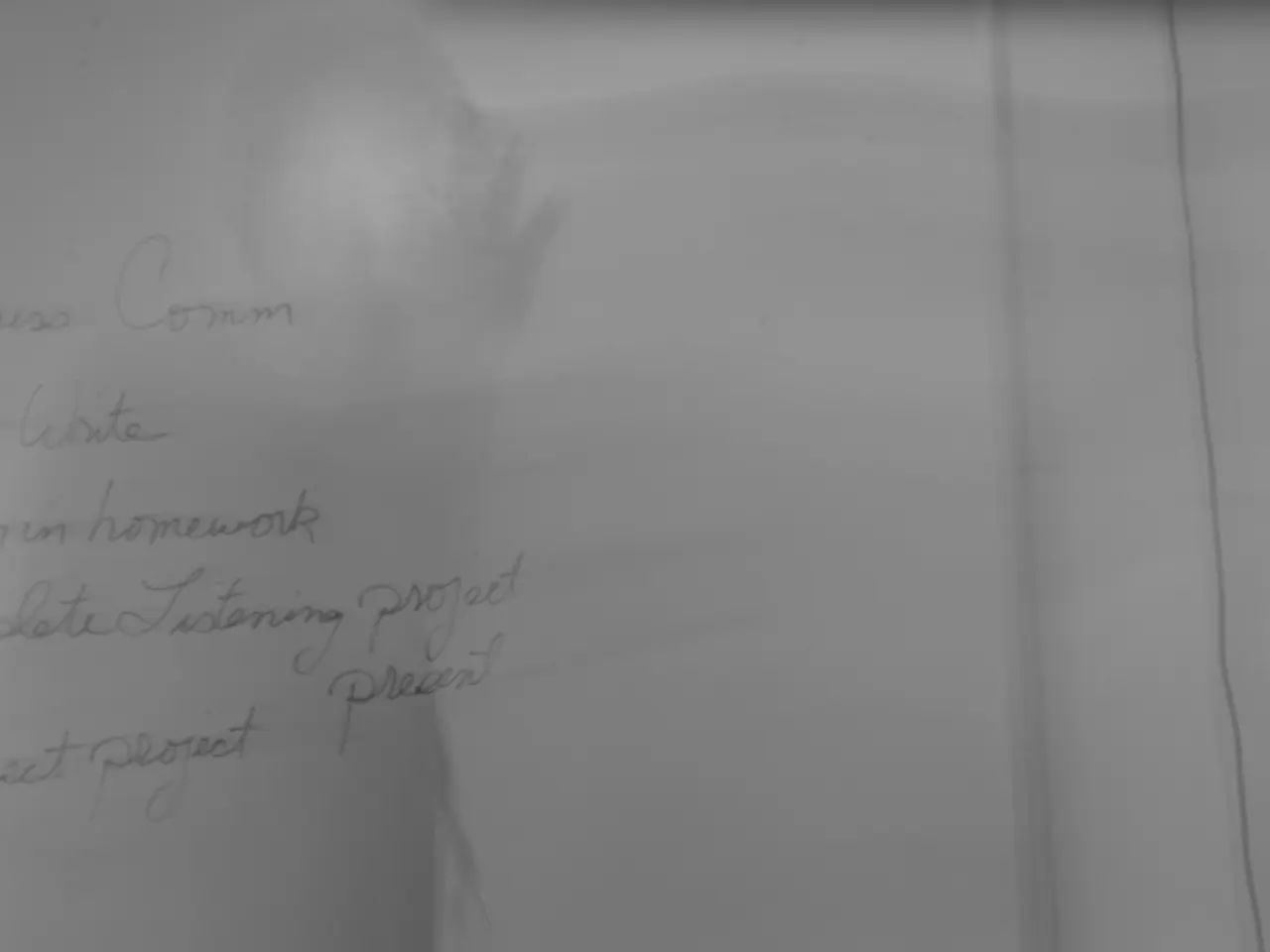Proposals have already been put forth by the Commission.
In a recent development, Michael Kellner, the energy spokesman for the Green Party's parliamentary group, has expressed concerns about the potential impact of halting feed-in tariffs (FITs) for new solar installations in Germany. Kellner, who was previously parliamentary state secretary in the economics ministry, believes that such a move could slow the pace of solar energy expansion, hindering Germany's renewable energy transition.
This year, 8.9 GW have been added to wind and solar energy, but the annual target is 18 GW. The expansion of wind power is significantly behind its target, with only 30% of the goal achieved so far this year, adding 2.4 GW. The situation with solar energy is not much better, with the exact status of feed-in tariffs for solar installations unclear.
Kellner advocates for covering unused infrastructure with photovoltaics instead of building large solar plants that compete with agriculture. He views FITs as crucial for maintaining investor confidence, supporting solar market growth, and ensuring the country meets its climate and energy goals. Historically, FITs have provided guaranteed payments to solar producers for the power they feed into the grid, creating economic certainty that accelerated solar deployment.
While Germany's economy and energy minister, Katherine Reiche (CDU), has noted that new small-scale photovoltaic (PV) installations are increasingly economically viable without direct aid due to falling solar technology costs, completely halting FITs risks undermining targeted incentives needed for integrating complementary technologies like energy storage, which are vital for a stable, flexible grid. Without FITs or sufficient alternative support, new installations may slow down as price signals weaken, affecting Germany's renewable capacity addition targets.
Kellner worries that removing FITs prematurely could stall renewable momentum, destabilize the market, and lead to increased reliance on fossil fuel backup, as seen previously when Germany’s nuclear exit and gas supply disruptions caused a temporary rise in coal usage. The lack of stable subsidies or long-term policy certainty can cause investment hesitation and policy paralysis, negatively impacting clean energy progress.
From 2026 onwards, the annual target for wind and solar energy expansion is 22 GW. Kellner emphasizes that rooftop solar expansion causes fewer conflicts compared to large PV installations elsewhere. He states that private capital has been invested in the energy transition, and braking this investment is a mistake. Kellner believes that scrapping the feed-in tariff for new installations would hinder expansion.
In conclusion, stopping FITs risks slowing solar installations at a time when supportive policies remain important for grid stability and further growth. For politicians like Michael Kellner, this threatens Germany’s ecological and energy transition goals, investor confidence, and renewable market stability. Germany's experience shows policy shifts without sufficient alternatives lead to setbacks, hence stable, targeted incentives remain critical during this transition.
Read also:
- Solar Shutdown: Merz Proposes Billions of Gas Discharge - Reverse Plan
- New guidelines for NEPA processes unveiled by federal agencies, in alignment with Executive Order 14154 and the Seven County Decision of the Supreme Court
- Anticipated Rise in Electricity Bills Coming in July for Latvian Residents
- Solar worker faces potential job loss amid solar industry transition








